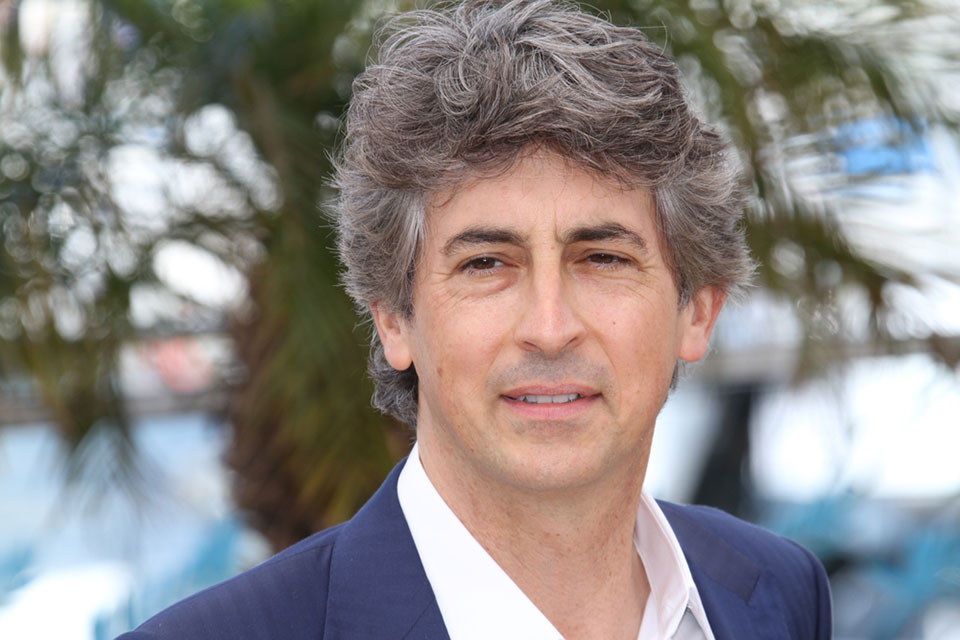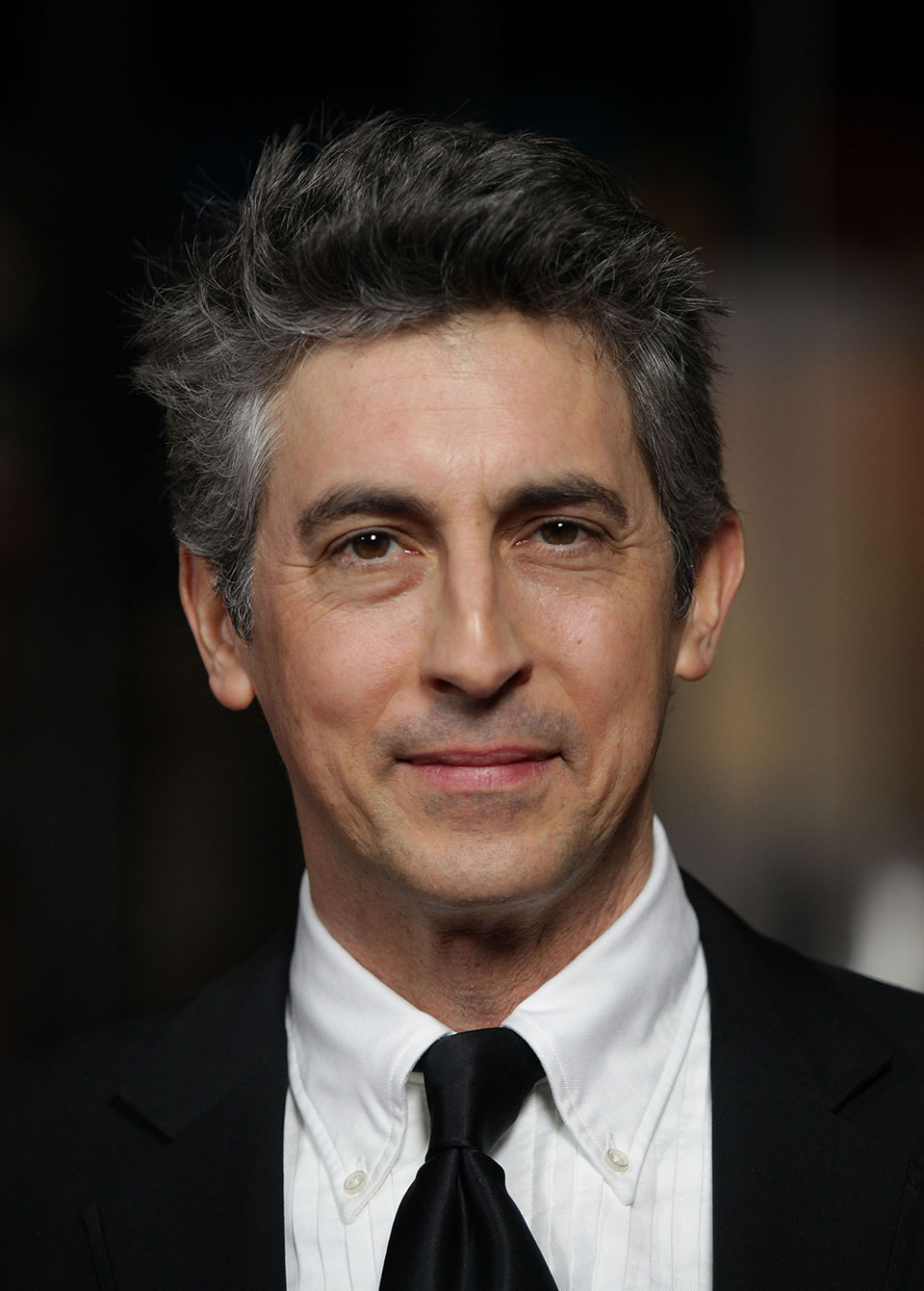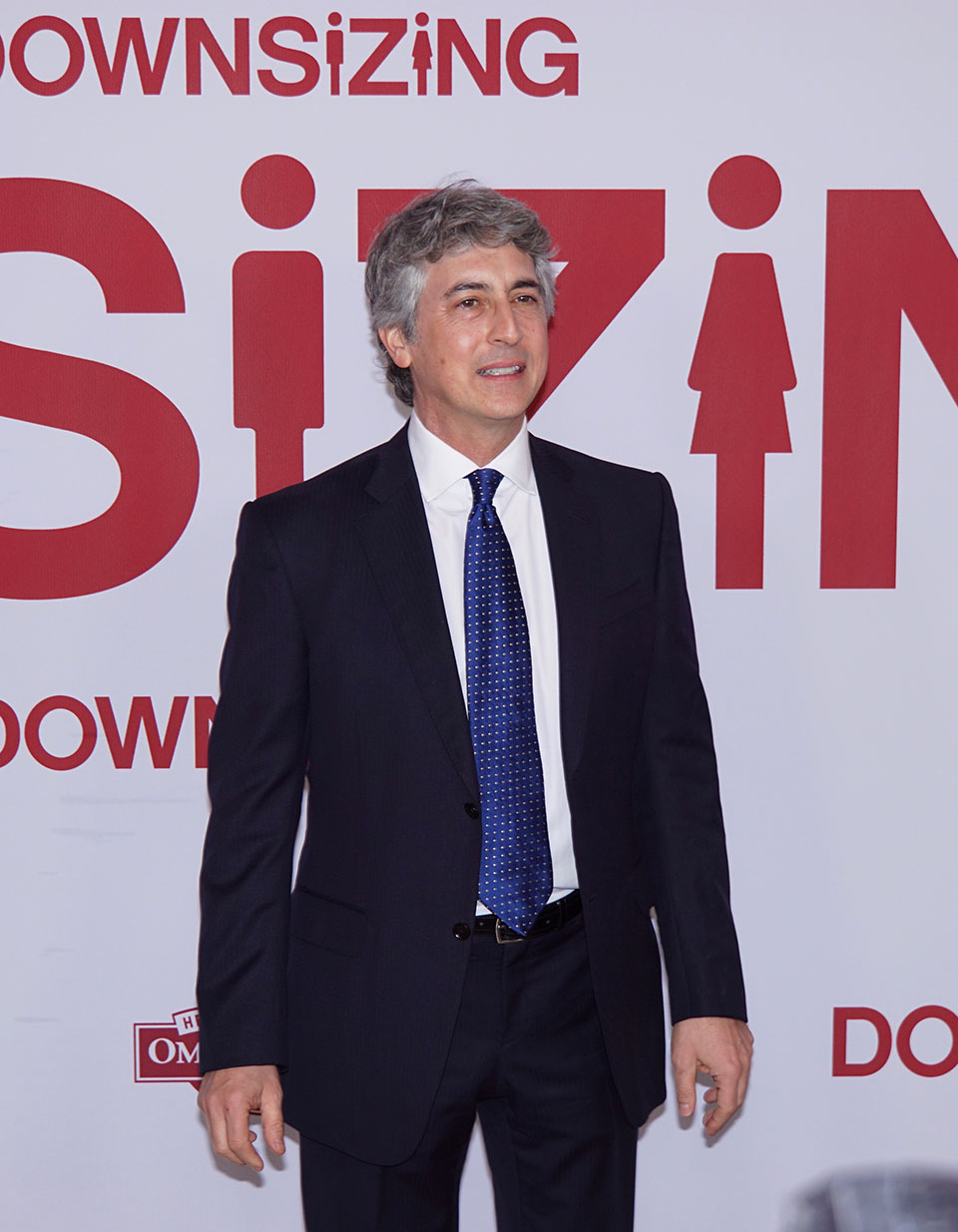Alexander Payne Reveals 5 Things He Wishes He Knew Before Becoming a Filmmaker

Alexander Payne’s hard work and dedication to the art of moviemaking have paid off both at the box office and at awards shows. He is a two-time Academy Award-winning filmmaker. To date, Payne’s films — Citizen Ruth, Election, About Schmidt, Sideways, The Descendants, Nebraska, and Downsizing — have been nominated for 19 Oscars and eight Golden Globes. Despite that, Payne manages to remain humble about his professional process.
The 60-year-old filmmaker says he lives by the phrase, “The way you do anything is the way you do everything.” What does he mean by that? “When I screw up — which is embarrassingly often — it helps me think about how else I’m screwing up or could avoid doing so,” shares Payne.
In an effort to make the entire moviemaking process enjoyable for everyone involved, from the talented stars and extras to the gaffers, camera operators, grips, and makeup artists, Alexander Payne follows a few rules, which he wishes he’d learned when he first started making films.
- Alexander Payne: Timing Is Everything
“This sounds ridiculously simple, but arriving on time is the single greatest trick to getting and then keeping a job on a movie set,” says Payne. Why is that? “People will happily teach you and train you, but the moment you show up late, you’re sunk.” Luckily, this hasn’t been too much of an issue for him. “Fortunately, I’m pathologically punctual. I’m usually so busy I don’t have time to be late.” “I’ve also been blessed with great mentors and teachers, going back to junior high,” shares Payne. “You can’t get by without them.” - Writing the Script Is an Important Step
Payne’s second piece of advice is to learn how to write a script. “At least early in your career,” he notes. “Probably no one is going to hand you a great script for your first feature, so you have to write it yourself.” He advises filmmaking hopefuls not to think of screenwriting as writing. “It’s already filmmaking,” he says. “You’re not just writing; you’re imagining and directing a film in your brain. A screenplay is the written record of that act of imagination.” According to Payne, many find it to be the hardest part of filmmaking. He notes, “At least you get that behind you first.” - Don’t Let Finances Affect Filming
Alexander Payne’s third point is about putting your foot down over finances. “The financiers and producers often try to change your mind when you work in professional filmmaking. They want you to choose what they think is the most commercial option,” he explains. “They think that they’re saving the film and saving you. However, by sticking to your guns, it’s often you who are saving them from their own worst instincts.” - Alexander Payne Says: Resist the Urge To Reconsider
The fourth thing Payne wishes someone had told him sooner relates to his third point. “Producers and financiers will keep trying to change your mind, but often the moment you do, they lose respect for you,” Payne warns. - Listen and Respect Everyone on Set
Alexander Payne says, “You never know where a good idea is going to come from. A great idea can come from a financier just as easily as an intern.” Listening is an important skill for a filmmaker to master. “I strongly feel the most important aspect of being a filmmaker — or any kind of artist — is remaining open and generous and listening,” says Payne. “It’s then your job to discern the good ideas coming your way from the bad.” However, according to Payne, it’s important to listen to your thoughts, too. He says, “Sometimes, you also have to close your ears because it’s hard enough to hear your own voices.”
He adds, “As a film director, I already have access to one of the greatest tools yet invented to engender an increased sense of humanity and empathy both in myself and viewers.” Payne says he hopes he “can use it responsibly.”
Those five things have helped him make films that leave a lasting impression on audiences. In fact, Payne says he’s still surprised Sideways had a sizable impact on the wine market. “It’s all due to one single line of dialogue,” he says. That’s the scene when Paul Giamatti’s character, Miles, who loves pinot, is told to try the merlot on a double date. Payne recalls, “Miles says, ‘If anyone orders merlot, I’m leaving. I’m not drinking any f—ing merlot!’ It was just a silly joke, but somehow it caught on, and sales of merlot plummeted.”
(He notes that Hollywood legend Clark Gable caused a similar economic downturn when he removed his shirt and exposed his chest in 1934’s It Happened One Night, leading to a drop in sales of men’s undershirts. “I never could have predicted that something similar would happen in my experience,” says Alexander Payne.)
Payne thinks making movies is the best job in the world. “I’m lucky to be able to do it,” he says. “The applause of an audience does wonders for the ego, but it’s especially meaningful when someone you meet says a particular movie of yours made a difference in their life.” Throughout his career, Alexander Payne says, “I’ve been lucky enough to meet many interesting people both inside and outside of the film world.” And he’s honored to know that fans have formed special bonds with his films. “Some viewers have told me that ‘The Descendants’ helped them with their grieving process,” he explains. “Nebraska has made other viewers want to connect with their fathers. It’s nice when you hear things like that, especially years later when the fanfare has died down.”
Have you read?
# Best CEOs In the World Of 2022.
# Best Citizenship and Residency by Investment Programs.
# These are the world’s most and least powerful passports, 2022.
# The World’s Richest People (Top 100 Billionaires, 2022).
# Case Study: Warren Buffett, LVMH’s Bernard Arnault, Apple’s Tim Cook, and Elon Musk.
Bring the best of the CEOWORLD magazine's global journalism to audiences in the United States and around the world. - Add CEOWORLD magazine to your Google News feed.
Follow CEOWORLD magazine headlines on: Google News, LinkedIn, Twitter, and Facebook.
Copyright 2025 The CEOWORLD magazine. All rights reserved. This material (and any extract from it) must not be copied, redistributed or placed on any website, without CEOWORLD magazine' prior written consent. For media queries, please contact: info@ceoworld.biz










